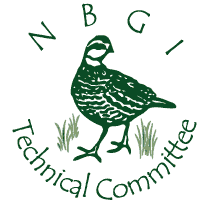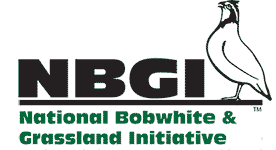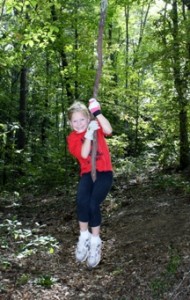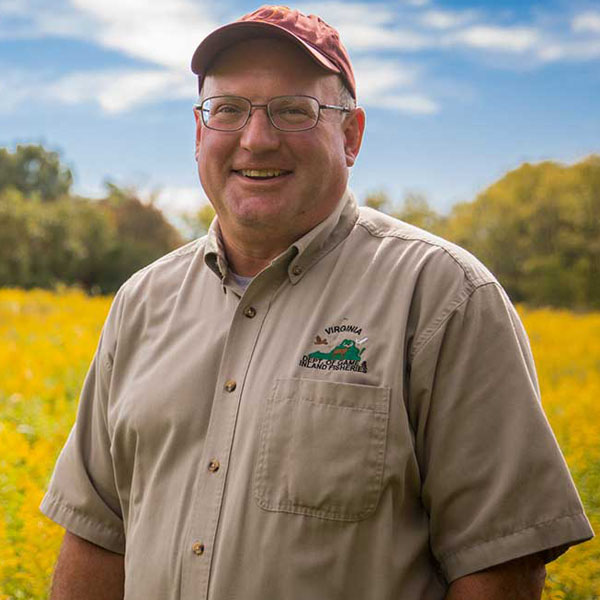Any parent knows that kids can ask some pointed and surprising questions…and generally in the most embarrassing place possible. As a wildlife biologist, I was not totally unprepared for this question from my daughter, “What do you do, Daddy?”
“Say what?”
“Daddy, what do you do for work?”
“Well Sweetie…I am a wildlife biologist.” To which more quickly than a striking snake she replied, “No, Daddy…what do you do at work?!”
Naturally, this was in front of several other parents … who probably wondered the same thing. Well, having talked to numerous school groups in various settings, I had become accustomed to starting my talks to them with a question, “What do you all think a wildlife biologist does for a living?” Hands would go up and as surely as kids love cake, the first answer was always “Study wildlife!!!” expressed with a bright-eyed sparkle of satisfaction. “Yes, we do study wildlife, and why do you think we study wildlife? Well, because if we did not know much about them, we would not be able to manage for them very well.”
I always used this question as an introduction before demonstrating and letting them use numerous wildlife management equipment like radio-telemetry gear, or quail traps, or a bear tranquilizing pole syringe (with no syringe attached). The adage “Tell me and I forget, involve me and I learn” applies. These events usually went well, but at the end I never felt like I had truly captured the essence of what the job is.
That was until my wife and I bought land of our own. I, like many, had always dreamed of owning a small slice of this earth, or at least borrowing it for a few decades (the earth will own us all someday). Upon owning our 42 acres I came to realize I had taken a lot of things for granted as a seasoned wildlife biologist…because I knew how to make the land work for me to create the wildlife habitat and thus the wildlife I wanted.
A big part of my job has always been helping private landowners evaluate and manage their land. Whether it is strictly in the name of quail (great quail management tends to be great early-succession habitat management for dozens of species), or simply helping landowners conduct sound habitat management, one of our key roles is being able to guide landowners and help them achieve their goals.
How do you help a landowner “see” their land? There is science involved, but mainly it is a feel developed over years of a life outdoors thinking about how animals relate to their surroundings. This then has to be combined with the technical knowledge and communications skills necessary to convey the best information they can put to use “in real time.” While it may not be rocket science, it is a whole lot more than buying a couple bags of the latest food plot mix and planting some “patches” and thinking you’ve done “wildlife management.”
Over the years the most rewarding moments for me have been when that special landowner “gets it.” They see for the first time how habitat is not static, how manipulating it is not bad, how cover types interact, and that it takes some effort over time … but they can indeed learn how to manage their land to have their own wildlife paradise.
In short, their dreams can come true. So as terribly sappy as it may sound, when my daughter asks me now what we do as biologists I can answer with a straight face, “Little Buddy – at least some of the time we help fulfill dreams.” At the end of the day, regardless of what species initiative we may be working on or what regional or national goal we may be working towards, we serve private landowners – citizens with personal dreams.



